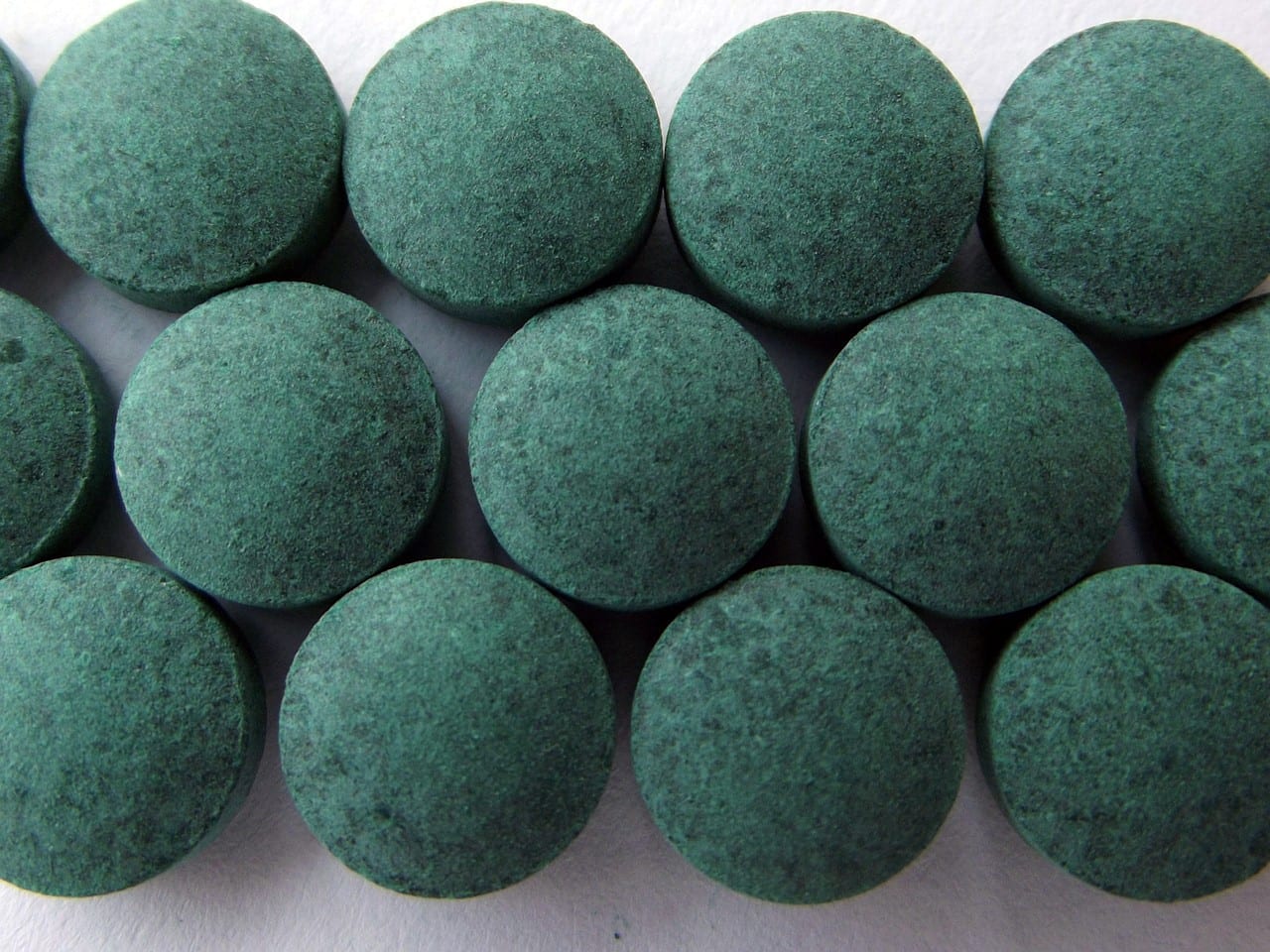- Home
- THE FIRM+
- Criminal Defense+
- CASE RESULTS
- AREAS WE SERVE+
- FAQ’s
- Blog
- Contact
AZHARI LLC BLOG

Posted By: Sami Azhari
Category:
Manufacturing and selling drugs isn’t everything that Breaking Bad makes it out to be, but that doesn’t stop law enforcement and media sources from comparing big-time drug manufacturers to the hit television show.
With this one, though, they have a point.
The 46-year-old Chinese man arrested for selling drugs to the U.S. and Europe every month didn’t start his criminal enterprise after getting a terminal cancer diagnosis. His drug of choice was not crystal meth. Nor did he use a car wash as a front for a drug business. Mr. Zhang, however, did start out teaching chemistry, and just like Walter White, he used that knowledge to build an empire.
Zhang began manufacturing psychoactive drugs (including methylone and Flakka) after he realized the drugs were in high demand. He shipped the drugs internationally from an 800 square meter facility in an industrial park in China’s Hubei province. At the time of his arrest, police found 32 kilograms of drugs, and they suspect that Zhang was involved in selling over 320 kilograms in total.
Zhang and his two accomplices have told state media that the drugs were being used for research, rather than consumption, purposes. Despite this, he was convicted earlier this month on counts of smuggling, selling, manufacturing, and transporting illegal drugs. Zhang is currently being held in a detention facility and faces sentencing next year.
When you hear “drug manufacturing,” this is probably what you picture – a large-scale operation with a big kingpin in charge. Not all manufacturing crimes are created equal, though. Drug manufacturing happens at many different scales, and law enforcement wants to address drug manufacturing at all levels.
In other words, smaller operations should not assume they will fly under the radar or that they can hide behind large kingpins. Any level of drug manufacturing is treated more seriously in court than a simple possession or even distribution charge, so it is important to treat these charges seriously and fight back with a strong defense.
Penalties for Drug Manufacturing in Illinois
Penalties for drug charges are determined by the type, amount, and distance that drugs are moved. If drugs cross over state or national borders, charges will be taken to federal court and defendants face harsh mandatory prison sentences if convicted. Three convictions can even send offenders to prison for life. If drugs do not move over Illinois borders, however, the matter will be handled in state court. The below information covers the latter situation.
Illinois defines drug manufacturing as the “the production, preparation, propagation, compounding, conversion or processing of a controlled substance other than methamphetamine, either directly or indirectly, by extraction from substances of natural origin, or independently by means of chemical synthesis, or by a combination of extraction and chemical synthesis, and includes any packaging or repackaging of the substance or labeling of its container.”
If an individual is convicted on drug manufacturing charges, they face the following penalties:
- One to three years in prison
- Up to 18 months of periodic imprisonment (living in a detention facility with release for work, education, or other approved reasons)
- Up to 30 months of probation
- Up to $25,000 in fines
Drug manufacturing is a class 4 felony in Illinois. A conviction will also come with additional long-term consequences such as losing the ability to vote and getting a criminal record.
Defense Strategies for Illinois Drug Manufacturing Charges
Prosecutors use aggressive strategies against anyone accused of illegally manufacturing drugs, but you should not lose hope after being charged. Offenders have options and strategies for defending themselves in negotiations and in court, and a skilled drug manufacturing attorney may be able to get your charges dropped or reduced without ever going to trial.
The following strategies may be used if they are appropriate for your case:
- Personal Use: The state’s definition of drug manufacturing does not include manufacturing drugs if you are the “ultimate user” of the substance. If you can prove that the drugs in question were made for your personal use, you may be able to prove your innocence. Obviously, this defense works best for offenders caught with smaller amounts of drugs.
- Professional Practice: Zhang was not able to avoid a conviction by claiming his drugs were made for research purposes. In the past, however, this has been a successful defense for teachers, professionals, and engineers who were wrongfully charged with making drugs. The drugs must be made for sale to warrant a conviction.
- Entrapment or Duress: Both of these defenses are appropriate when an individual commits a crime under the coercion or force of another person. If the drugs were not manufactured under your free will, you have these defense strategies to work with.
- Insanity or Compulsion: In specific cases, this claim may also work to mitigate a sentence or avoid jail time for manufacturing drugs.
For more information on how you can defend against drug manufacturing and other related charges, contact an Illinois drug crimes lawyer today.
About the Author
Sami Azhari has been working as a lawyer since 2007, after receiving his Juris Doctor from the Michigan State University College of Law. He has handled numerous state and federal cases, and is known throughout the Chicago and Rolling Meadows area for providing his clients with high-quality, skilled representation. He has been recognized by SuperLawyers, the National Trial Lawyers Association, and other notable organizations, and has spoken at a number of legal conferences.



























































